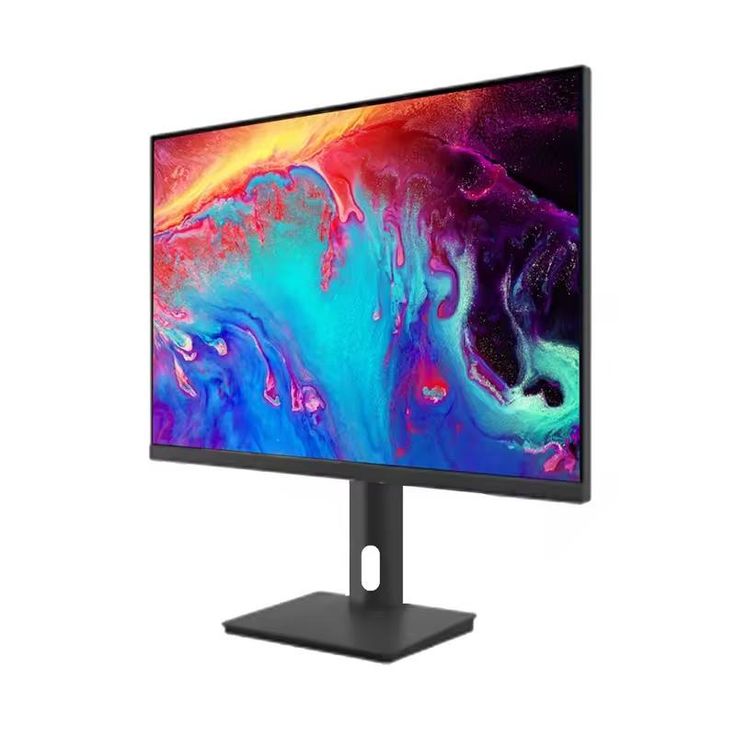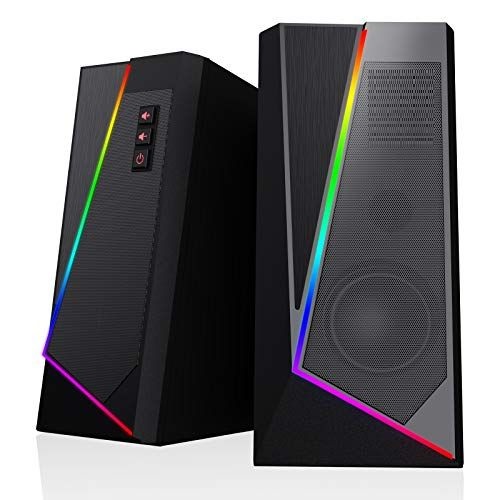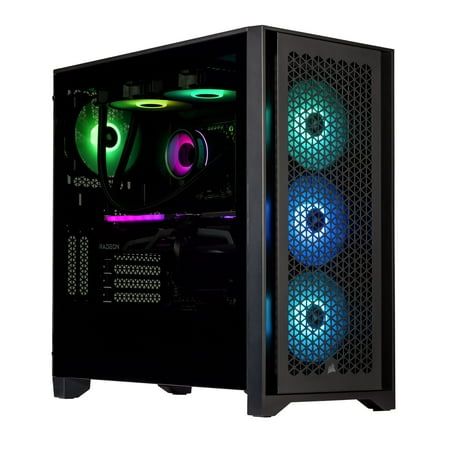Title: Power Up Your Gameplay: The Ultimate Guide to Gaming PCs
In the world of gaming, a powerful PC can elevate your experience, providing unparalleled performance, stunning visuals, and seamless gameplay. Whether you’re a casual gamer or an eSports enthusiast, having the right gaming PC is crucial for achieving the best possible performance. In this blog post, we’ll dive into the key components, benefits, and considerations for building or buying a gaming PC, ensuring you have the knowledge to make an informed decision.
Key Components of a Gaming PC
1. Central Processing Unit (CPU):
- Performance and Multitasking: The CPU is the brain of your gaming PC. A powerful processor, such as an Intel Core i7/i9 or AMD Ryzen 7/9, ensures smooth performance and efficient multitasking, enabling you to run games and other applications simultaneously without lag.
- Core Count and Clock Speed: Look for CPUs with higher core counts and clock speeds to handle demanding games and applications, providing a responsive and fluid gaming experience.
2. Graphics Processing Unit (GPU):
- Visual Fidelity: The GPU is the heart of any gaming PC, responsible for rendering graphics and ensuring smooth gameplay. High-end GPUs like the NVIDIA GeForce RTX series or AMD Radeon RX series deliver stunning visuals, high frame rates, and support for ray tracing technology.
- VR and 4K Gaming: For virtual reality (VR) and 4K gaming, a powerful GPU is essential. Ensure your chosen GPU can handle the high resolutions and frame rates required for these immersive experiences.
3. Memory (RAM):
- Smooth Multitasking: Adequate RAM is vital for smooth multitasking and game performance. 16GB of DDR4 RAM is generally recommended for most modern games, while 32GB may be necessary for more demanding titles and future-proofing your system.
- Speed and Latency: Higher RAM speeds and lower latency can improve overall system performance, reducing load times and enhancing the responsiveness of your gaming PC.
4. Storage:
- Speed and Capacity: Solid State Drives (SSDs) offer faster load times and improved system responsiveness compared to traditional Hard Disk Drives (HDDs). A combination of an SSD for your operating system and games, along with an HDD for additional storage, provides the best of both worlds.
- NVMe SSDs: NVMe SSDs are even faster than standard SSDs, providing lightning-fast data transfer speeds and significantly reducing load times in games.
5. Cooling System:
- Maintaining Performance: Effective cooling is crucial to maintaining optimal performance and longevity of your gaming PC. Consider liquid cooling or high-quality air cooling solutions to keep your CPU and GPU temperatures in check during intense gaming sessions.
- Case Fans and Airflow: Ensure your PC case has adequate airflow with strategically placed case fans to prevent overheating and maintain stable performance.
Benefits of a Gaming PC
1. Customization and Upgradability:
- Tailored to Your Needs: Building your own gaming PC allows you to choose components that match your specific needs and preferences, ensuring a personalized gaming experience.
- Future-Proofing: A gaming PC offers easy upgradability, allowing you to replace or upgrade components as new technologies emerge, keeping your system up-to-date and capable of handling the latest games.
2. Superior Performance and Graphics:
- High Frame Rates: Gaming PCs can achieve higher frame rates than consoles, providing smoother and more responsive gameplay, which is crucial for competitive gaming.
- Enhanced Visuals: With support for high resolutions, advanced graphics settings, and ray tracing, gaming PCs deliver superior visuals that bring games to life.
3. Versatility:
- Multifunctional Use: A gaming PC is not just for gaming; it can also handle productivity tasks, video editing, streaming, and more, making it a versatile tool for various applications.
Considerations When Choosing a Gaming PC
1. Budget:
- Balancing Cost and Performance: Determine your budget and prioritize components that offer the best performance for your money. Consider future upgrade paths to spread the cost over time.
- Prebuilt vs. Custom-Built: Decide whether to buy a prebuilt gaming PC or build your own. Prebuilt PCs offer convenience, while custom-built PCs provide more control over component selection and potential cost savings.
2. Compatibility:
- Component Compatibility: Ensure that all components are compatible with each other and fit within your chosen PC case. Check motherboard specifications for supported CPU sockets, RAM types, and GPU sizes.
3. Brand and Warranty:
- Trusted Brands: Choose components from reputable brands known for quality and reliability. Consider the warranty and customer support options available to protect your investment.



